- Home
- Latest News
![submenu-img]() Vicky Vidya Ka Woh Wala Video: 90s' news readers Rajkummar Rao, Triptii Dimri announce ‘parivarik’ film in hilarious way
Vicky Vidya Ka Woh Wala Video: 90s' news readers Rajkummar Rao, Triptii Dimri announce ‘parivarik’ film in hilarious way![submenu-img]() Weather Update: IMD predicts rainfall in Delhi till this day; issues red alert for these states; check full forecast
Weather Update: IMD predicts rainfall in Delhi till this day; issues red alert for these states; check full forecast![submenu-img]() After Shakib Al Hasan, Ex-Bangladesh captain Mashrafe Mortaza booked for...
After Shakib Al Hasan, Ex-Bangladesh captain Mashrafe Mortaza booked for...![submenu-img]() AlphaVision Management Consultants LLP Aims to Propel India's Economy to $5 Trillion Milestone
AlphaVision Management Consultants LLP Aims to Propel India's Economy to $5 Trillion Milestone![submenu-img]() Premium Pet House Sells 300 Golden Retriever Puppies In August; Addresses The Breed’s Increasing Demand In India
Premium Pet House Sells 300 Golden Retriever Puppies In August; Addresses The Breed’s Increasing Demand In India
- Webstory
- DNA Hindi
![submenu-img]() कर्नाटक में गणेश विसर्जन के दौरान भड़की सांप्रदायिक हिंसा, कई दुकानें, मोटरसाइकिलें आग के हवाले, ऐसे शुरू हुआ विवाद
कर्नाटक में गणेश विसर्जन के दौरान भड़की सांप्रदायिक हिंसा, कई दुकानें, मोटरसाइकिलें आग के हवाले, ऐसे शुरू हुआ विवाद![submenu-img]() 'उनकी लड़ाई कुर्सी की, मेरे लिए कश्मीर...' तिहाड़ से छूटते NC-PDP पर बरसे राशिद इंजीनियर
'उनकी लड़ाई कुर्सी की, मेरे लिए कश्मीर...' तिहाड़ से छूटते NC-PDP पर बरसे राशिद इंजीनियर![submenu-img]() Haryana Elections: जुलाना में कांग्रेस-AAP के बीच 'दंगल', पहलवान विनेश फोगाट के खिलाफ WWE रेसलर को उतारा
Haryana Elections: जुलाना में कांग्रेस-AAP के बीच 'दंगल', पहलवान विनेश फोगाट के खिलाफ WWE रेसलर को उतारा ![submenu-img]() Weather Updates: दिल्ली-नोएडा में बारिश को लेकर अलर्ट जारी, जानिए यूपी-बिहार में कैसा रहेगा आज का मौसम
Weather Updates: दिल्ली-नोएडा में बारिश को लेकर अलर्ट जारी, जानिए यूपी-बिहार में कैसा रहेगा आज का मौसम![submenu-img]() Cholesterol Remedies: नसों में जमा Bad Cholesterol बाह�र कर देगा आंवले का जूस, जानें रेसिपी
Cholesterol Remedies: नसों में जमा Bad Cholesterol बाह�र कर देगा आंवले का जूस, जानें रेसिपी
- Automobile
![submenu-img]() This car sets new Guinness world record for becoming longest driving EV on a single charge; it cost Rs…
This car sets new Guinness world record for becoming longest driving EV on a single charge; it cost Rs…![submenu-img]() MG Windsor EV launched in India: Check price, features, design of India’s first ‘CUV’
MG Windsor EV launched in India: Check price, features, design of India’s first ‘CUV’![submenu-img]() Nikhil Kamath-backed company to compete with Ola Electric as it plans to launch…
Nikhil Kamath-backed company to compete with Ola Electric as it plans to launch…![submenu-img]() Auto giant gifts Olympic medallist Manu Bhaker this car, it costs Rs...
Auto giant gifts Olympic medallist Manu Bhaker this car, it costs Rs...![submenu-img]() Union Minister Nitin Gadkari says this big carmaker ignored his advice on EVs, 'now they've…'
Union Minister Nitin Gadkari says this big carmaker ignored his advice on EVs, 'now they've…'
- Education
![submenu-img]() Meet Alankrita Shakshi, hired for record-breaking package at Google, not from IIT, IIM, her whopping salary is…
Meet Alankrita Shakshi, hired for record-breaking package at Google, not from IIT, IIM, her whopping salary is…![submenu-img]() Meet woman who left high-paying engineering job to crack UPSC exam, got AIR 6 with self-study, she is now posted as…
Meet woman who left high-paying engineering job to crack UPSC exam, got AIR 6 with self-study, she is now posted as…![submenu-img]() Meet man, who was forced to marry at 11, had first child at 20, cracked NEET exam in 5th attempt, he is now...
Meet man, who was forced to marry at 11, had first child at 20, cracked NEET exam in 5th attempt, he is now...![submenu-img]() Meet woman, who worked as an assistant professor, cracked UPSC exam in fifth attempt, got AIR...
Meet woman, who worked as an assistant professor, cracked UPSC exam in fifth attempt, got AIR...![submenu-img]() Meet Indian genius who completed PhD at 21, became IIT professor at 22, was sacked from job after few years due to...
Meet Indian genius who completed PhD at 21, became IIT professor at 22, was sacked from job after few years due to...
- Videos
![submenu-img]() BSF Jawan Injured As Pakistan Violates Ceasefire Near LoC Days Before Jammu Kashmir Elections 2024
BSF Jawan Injured As Pakistan Violates Ceasefire Near LoC Days Before Jammu Kashmir Elections 2024![submenu-img]() Rahul Gandhi US Visit: Rahul Gandhi Criticizes BJP And RSS At National Press Club, US | INDIA
Rahul Gandhi US Visit: Rahul Gandhi Criticizes BJP And RSS At National Press Club, US | INDIA![submenu-img]() Kolkata Doctor Case: ED Reveals Properties Of RG Kar Ex-Principal Sandip Ghosh Found In Raids
Kolkata Doctor Case: ED Reveals Properties Of RG Kar Ex-Principal Sandip Ghosh Found In Raids![submenu-img]() Manipur Violence: Curfew Imposed In Three Manipur Districts Amid Drone, Rocket Attacks By Insurgents
Manipur Violence: Curfew Imposed In Three Manipur Districts Amid Drone, Rocket Attacks By Insurgents![submenu-img]() Kolkata Doctor Case: Victim's Mother Blasts CM Mamata Banerjee's 'Insensitive' Durga Puja call
Kolkata Doctor Case: Victim's Mother Blasts CM Mamata Banerjee's 'Insensitive' Durga Puja call
- Business
![submenu-img]() AlphaVision Management Consultants LLP Aims to Propel India's Economy to $5 Trillion Milestone
AlphaVision Management Consultants LLP Aims to Propel India's Economy to $5 Trillion Milestone![submenu-img]() This car sets new Guinness world record for becoming longest driving EV on a single charge; it cost Rs…
This car sets new Guinness world record for becoming longest driving EV on a single charge; it cost Rs…![submenu-img]() Ratan Tata's company loses Rs 21881 crore in 6 hrs due to...
Ratan Tata's company loses Rs 21881 crore in 6 hrs due to...![submenu-img]() Meet man, who was abandoned as child, runs Rs 3608487 crore company, richer than Mark Zuckerberg, his net worth is...
Meet man, who was abandoned as child, runs Rs 3608487 crore company, richer than Mark Zuckerberg, his net worth is...![submenu-img]() Meet woman who became CEO at 30, has this Mukesh Ambani, Isha Ambani link, she is...
Meet woman who became CEO at 30, has this Mukesh Ambani, Isha Ambani link, she is...
- Photos
![submenu-img]() This actress became star at 11, was shot dead by husband on son's birthday; then her daughter...
This actress became star at 11, was shot dead by husband on son's birthday; then her daughter...![submenu-img]() Carlos Alcaraz to Aryna Sabalenka: World’s highest-paid Tennis players of 2024
Carlos Alcaraz to Aryna Sabalenka: World’s highest-paid Tennis players of 2024![submenu-img]() Made in Rs 6 lakh, grossed Rs 800 crore, bigger than RRR, Jawan: Why most profitable film ever paid actors just Rs 20000
Made in Rs 6 lakh, grossed Rs 800 crore, bigger than RRR, Jawan: Why most profitable film ever paid actors just Rs 20000![submenu-img]() Priyanka Chopra stuns in black, poses with Kim Kardashian, Julianne Moore, Salma Hayek at Caring for Women dinner
Priyanka Chopra stuns in black, poses with Kim Kardashian, Julianne Moore, Salma Hayek at Caring for Women dinner![submenu-img]() US 9/11 attack: 7 lesser known facts about September 11 terror attack
US 9/11 attack: 7 lesser known facts about September 11 terror attack
- India
![submenu-img]() Weather Update: IMD predicts rainfall in Delhi till this day; issues red alert for these states; check full forecast
Weather Update: IMD predicts rainfall in Delhi till this day; issues red alert for these states; check full forecast![submenu-img]() Premium Pet House Sells 300 Golden Retriever Puppies In August; Addresses The Breed’s Increasing Demand In India
Premium Pet House Sells 300 Golden Retriever Puppies In August; Addresses The Breed’s Increasing Demand In India![submenu-img]() J-K: Two terrorists killed in intense encounter near Kathua-Udhampur border
J-K: Two terrorists killed in intense encounter near Kathua-Udhampur border![submenu-img]() BJP members protest against Rahul Gandhi over his 'Sikh remarks' in US, seeking...
BJP members protest against Rahul Gandhi over his 'Sikh remarks' in US, seeking...![submenu-img]() J&K terror funding case: ‘My fight is for…’, says MP Engineer Rashid after walking out of Tihar jail on bail ahead of…
J&K terror funding case: ‘My fight is for…’, says MP Engineer Rashid after walking out of Tihar jail on bail ahead of…


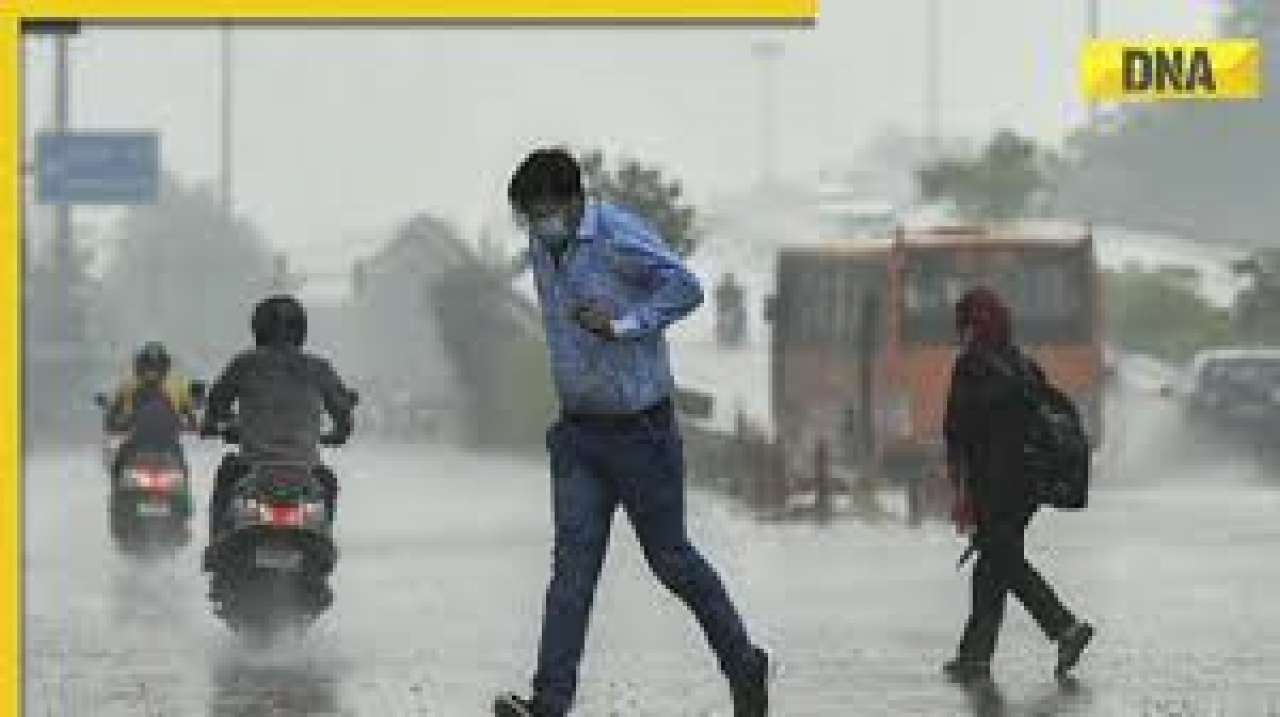








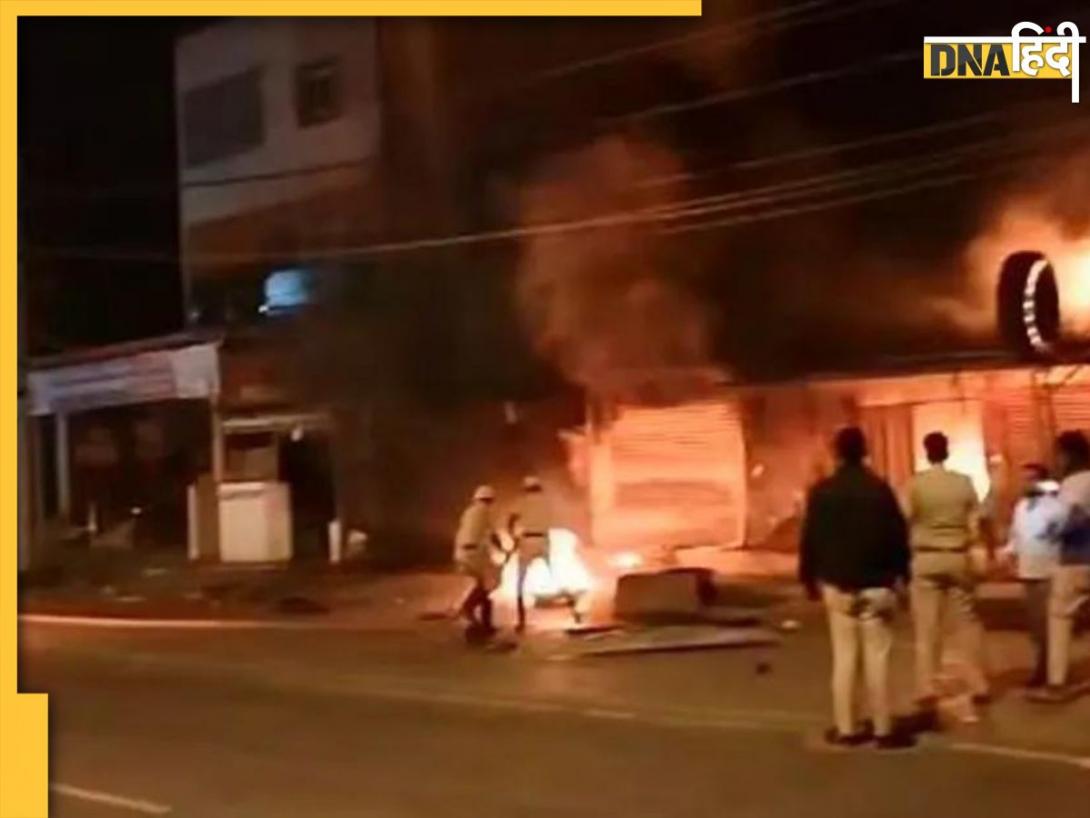
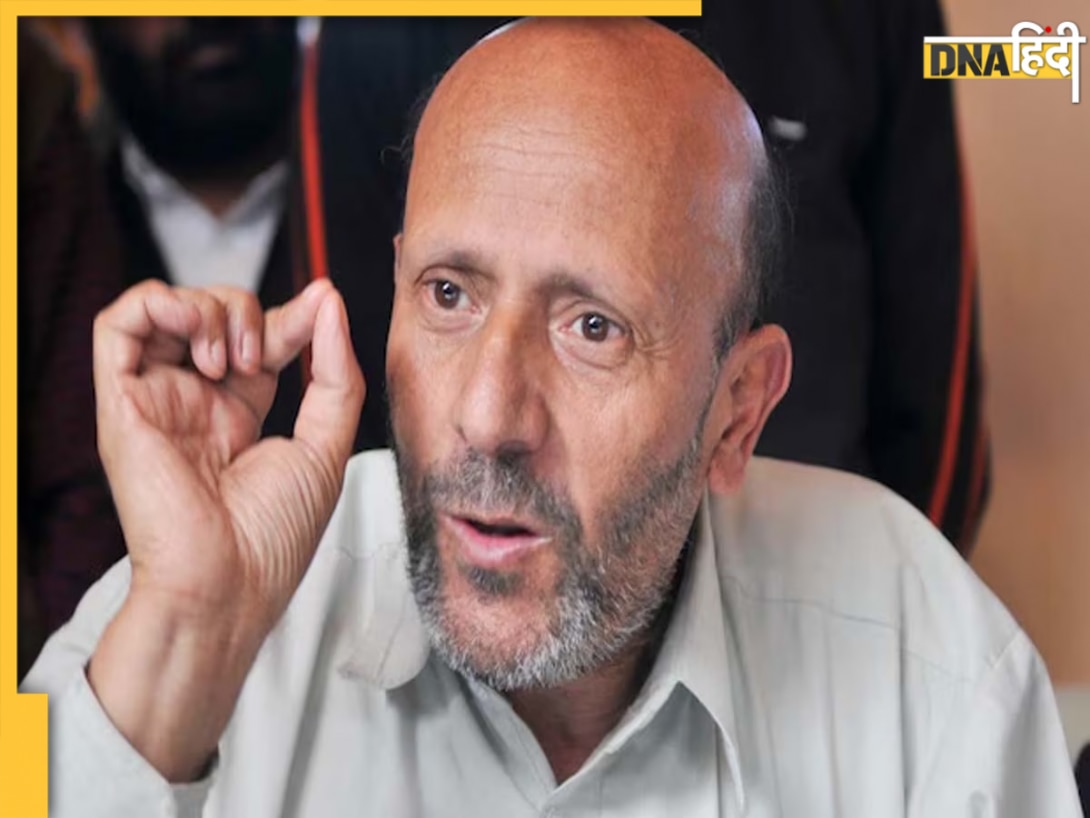

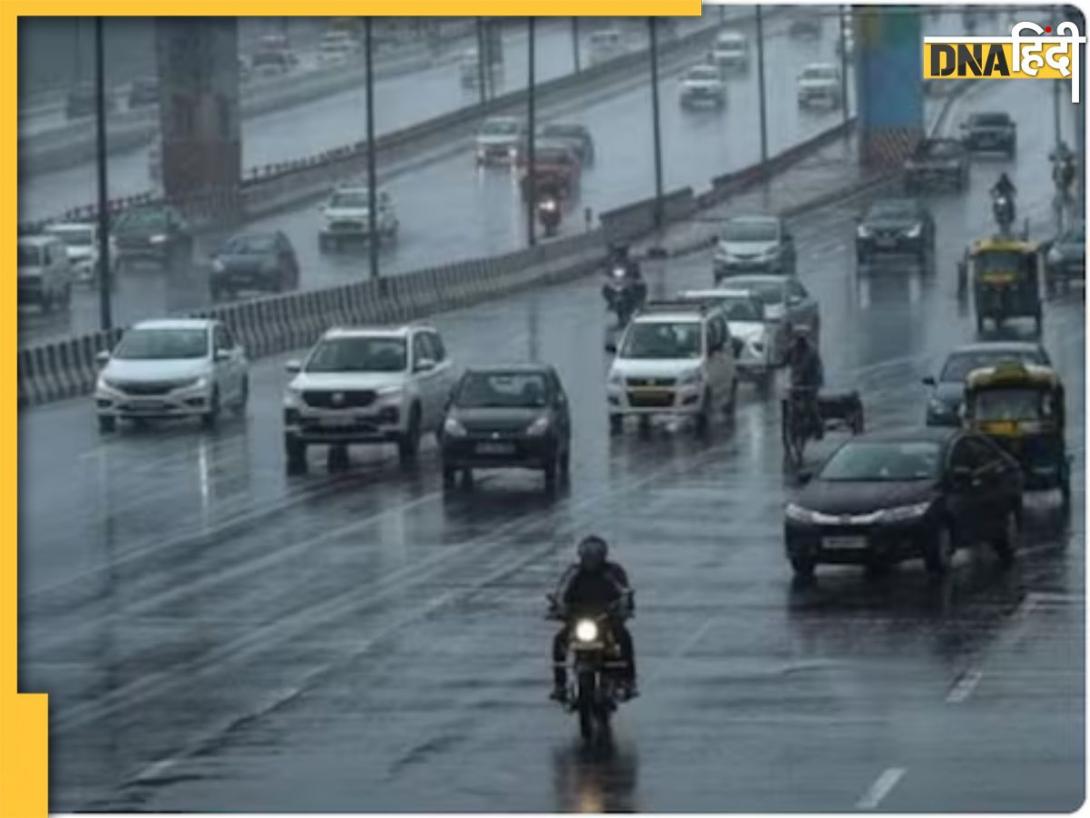








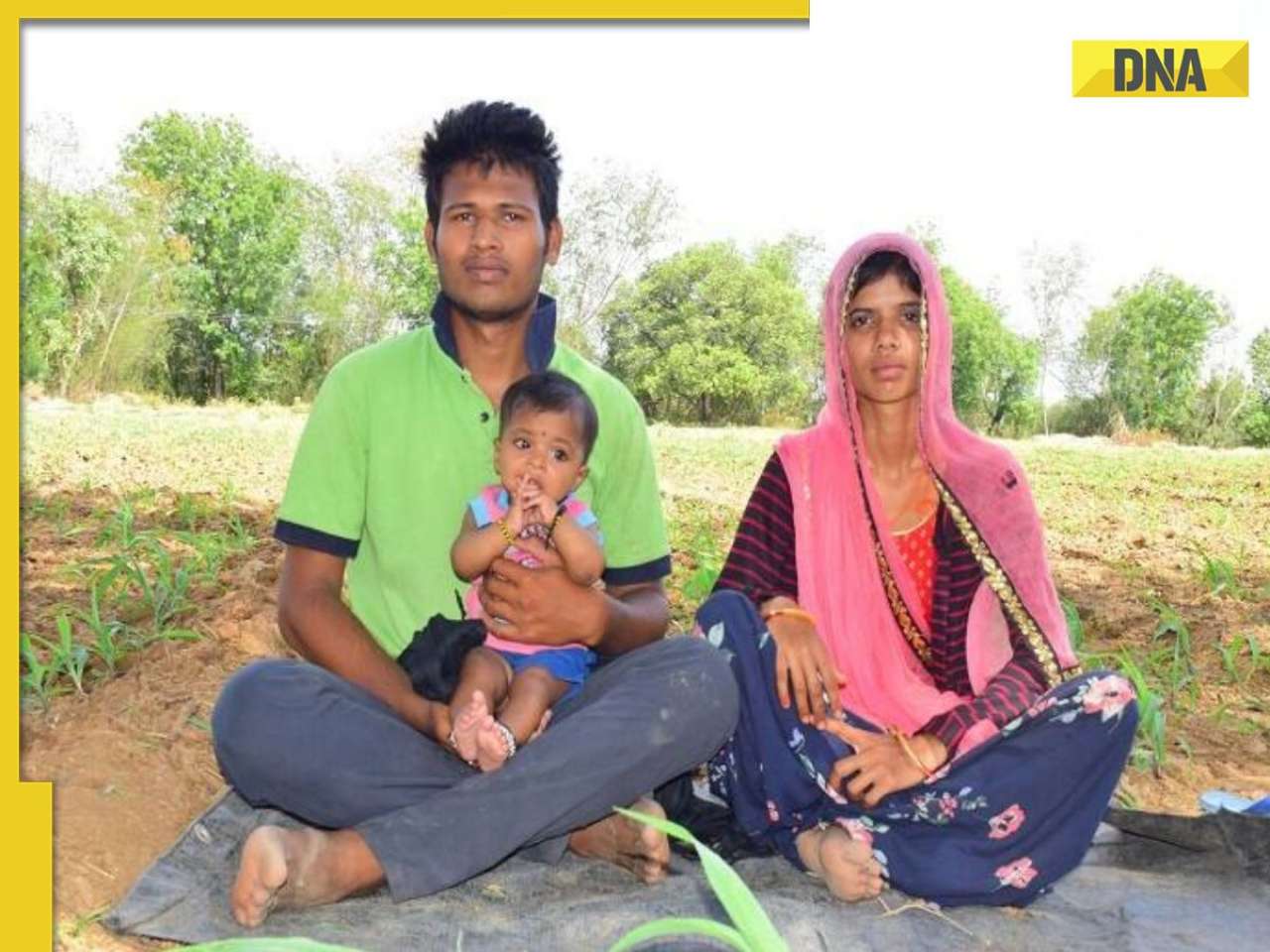







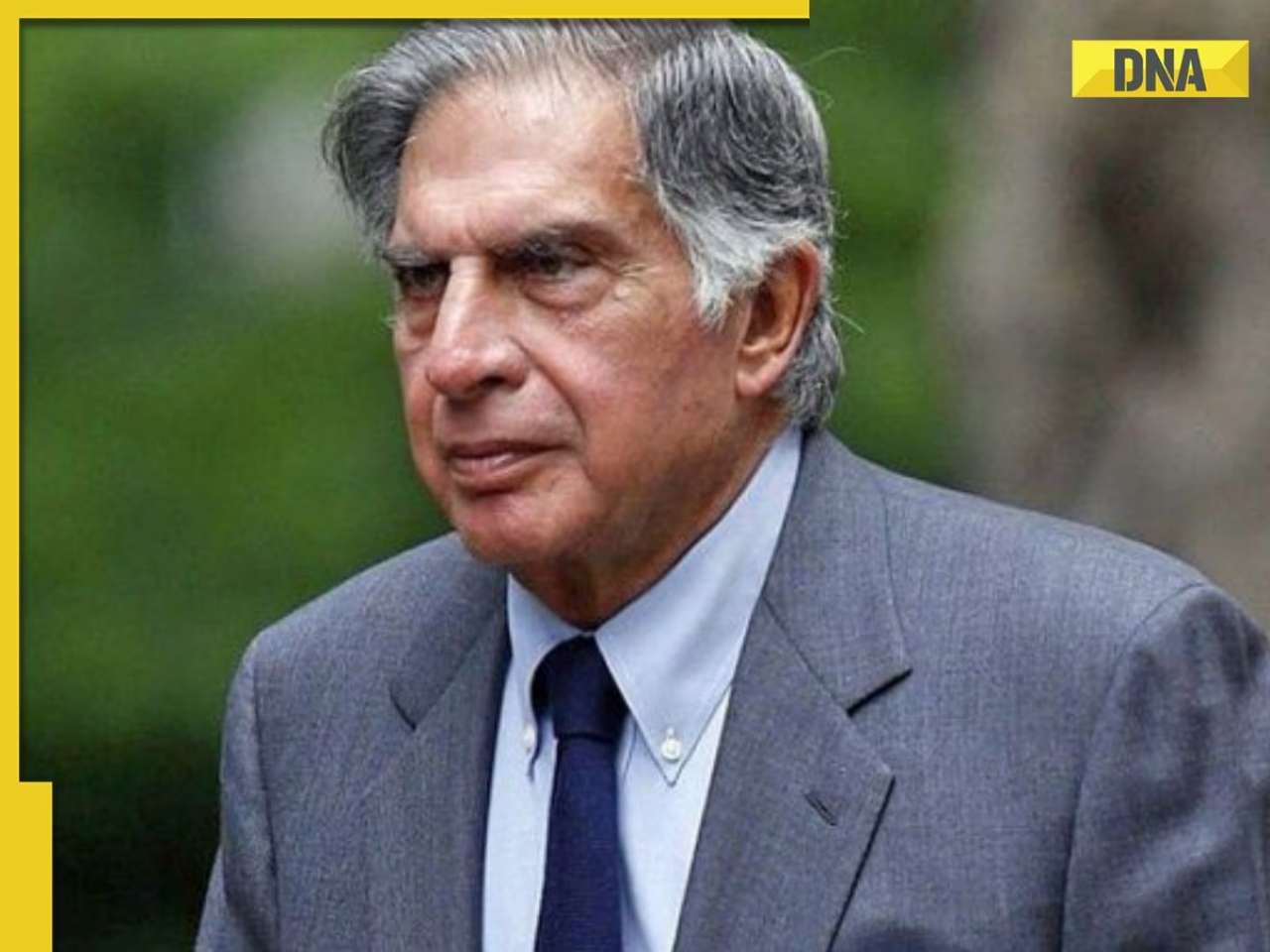







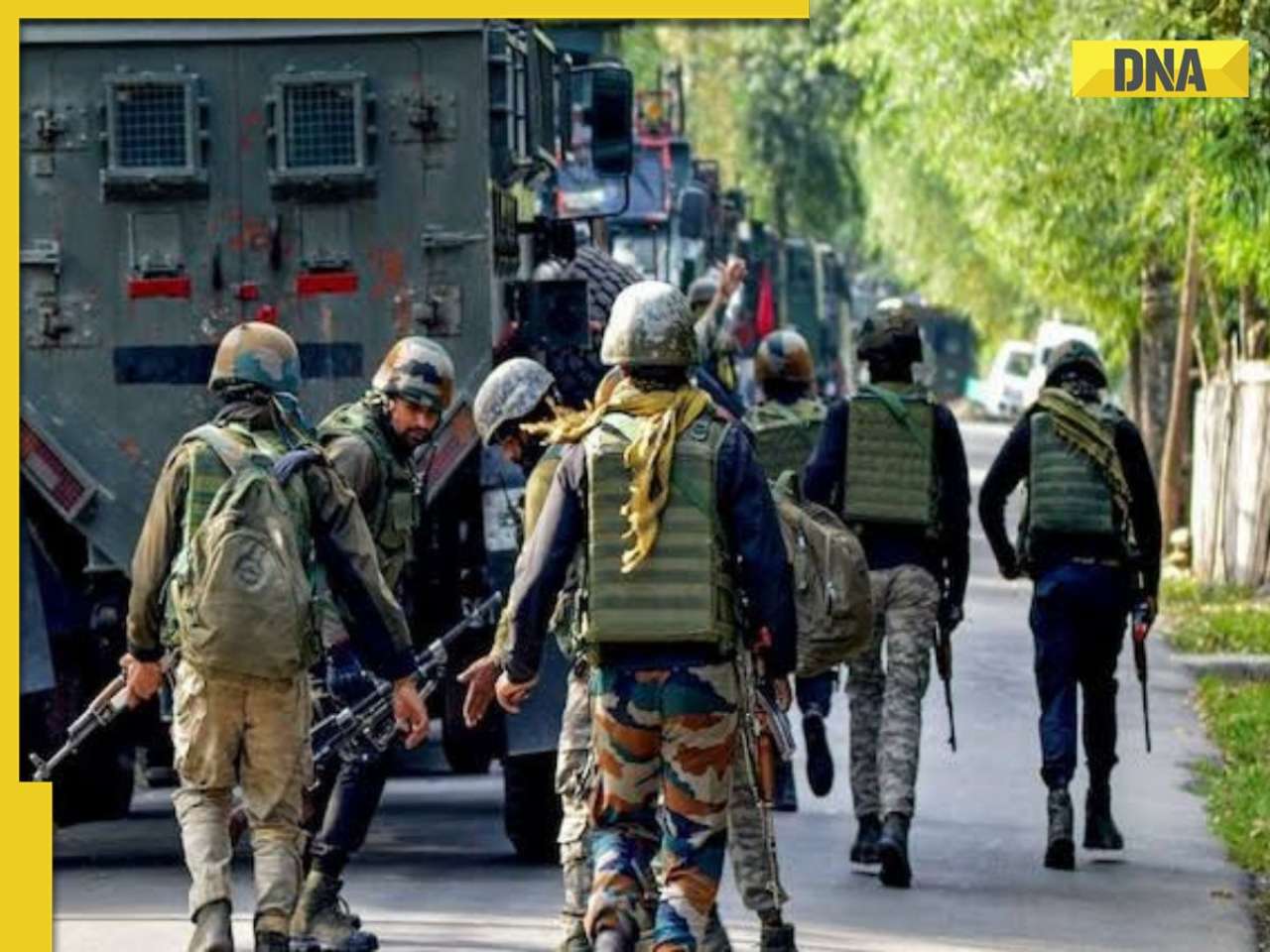

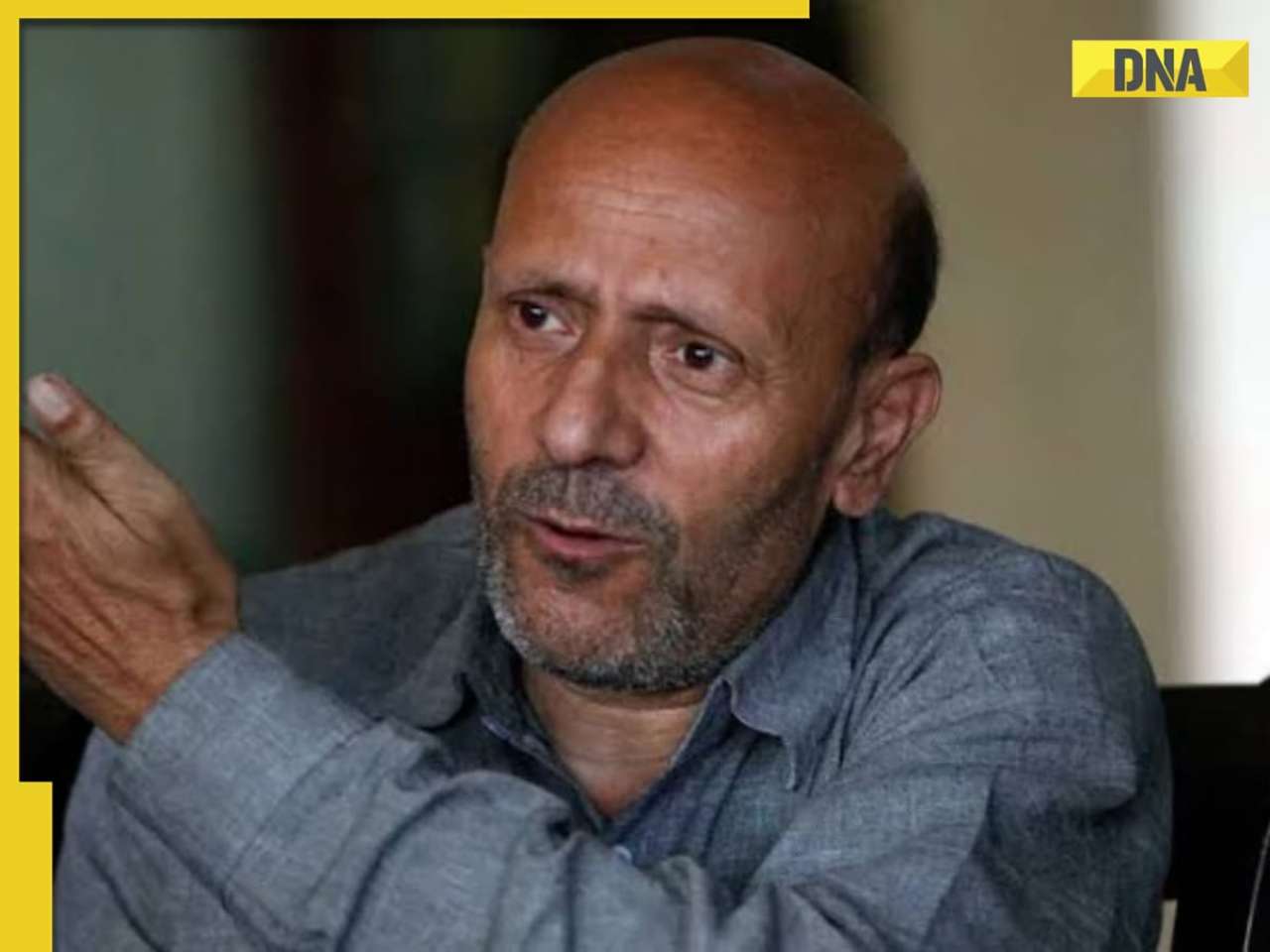


)
)
)
)
)
)
)
)
)
)
)
)
)
)





)
)
)
)
)
)